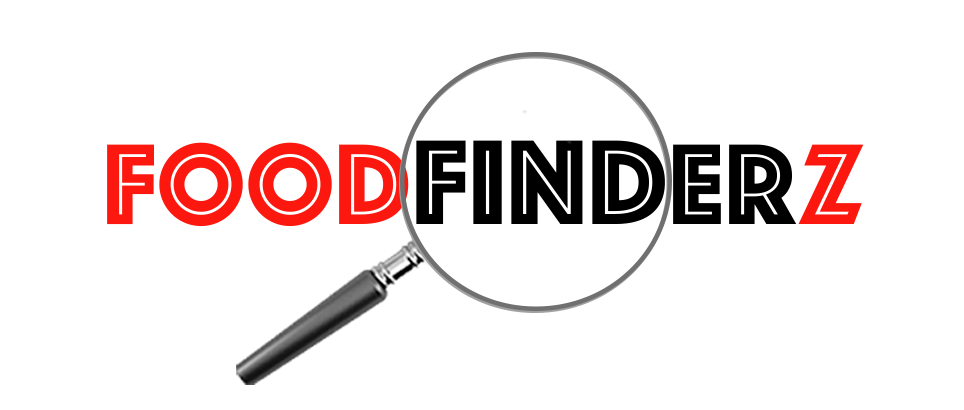- The Imperative of Transparency in Food Supply Chains:
Transparency is a linchpin for consumer trust in the food industry. As consumers become more conscientious about the origin, safety, and sustainability of their food, the need for transparent supply chains has never been more crucial. Blockchain technology steps into this arena as a transformative force, offering a decentralized and immutable ledger that documents every step of a food product’s journey.
- Immutable Record-Keeping: The Foundation of Trust:
At the core of blockchain’s impact is its ability to provide an immutable record of transactions. Each piece of information, from the moment a seed is planted to the final destination on a consumer’s plate, is securely and indelibly recorded on the blockchain. This transparency eliminates the risk of tampering or fraudulent activities, establishing an unassailable foundation of trust.
- Real-Time Traceability: Empowering Consumers and Businesses:
Blockchain facilitates real-time traceability, allowing stakeholders to track the movement of food products throughout the supply chain with unprecedented accuracy. From the farm and processing facilities to distribution centers and retail outlets, every entity involved gains immediate access to a comprehensive and transparent view of the product’s journey. This level of traceability empowers both businesses and consumers to make informed decisions about the products they choose.
- Ensuring Food Safety: Rapid Response to Contaminations:
In the event of a food safety issue or contamination, time is of the essence. Blockchain’s real-time traceability enables swift identification and isolation of affected products, reducing the impact of recalls and protecting public health. This capability not only minimizes the financial and reputational damage to businesses but, more importantly, safeguards consumers from potential health hazards.
- Supply Chain Efficiency: Streamlining Operations with Smart Contracts:
Blockchain introduces smart contracts into the supply chain equation, automating and streamlining various processes. Smart contracts execute predefined rules automatically, facilitating seamless transactions and reducing the need for intermediaries. This not only enhances operational efficiency but also minimizes errors and discrepancies in the supply chain, ensuring a smoother flow of products from producers to consumers.
- Ethical Sourcing and Sustainability: Providing Proof of Origin:
Blockchain is a powerful tool for verifying the authenticity of claims related to ethical sourcing and sustainability. Through the immutable nature of the blockchain ledger, businesses can provide irrefutable proof of the origin of their products, adherence to fair trade practices, and compliance with sustainability standards. This transparency resonates with consumers who prioritize ethical considerations in their purchasing decisions.
- Building Consumer Trust: The Currency of the Future:
In an era where consumers seek not just products but also the stories behind them, blockchain becomes a catalyst for building and maintaining trust. When consumers have access to verifiable information about the sourcing, production, and journey of their food, they are more likely to trust the brand and make informed choices. Blockchain transforms transparency from a corporate buzzword to a tangible and valued aspect of the consumer experience.
Conclusion:
Blockchain technology has emerged as a beacon of transparency in the intricate world of food supply chains. Its ability to provide an immutable, real-time, and comprehensive record of a product’s journey ensures not only compliance with regulatory standards but also the trust of consumers. As the food industry continues to evolve, blockchain’s role in ensuring transparent and accountable supply chains is set to become not just a technological advancement but a fundamental expectation for businesses committed to meeting the demands of an informed and conscientious consumer base.

